Catholic Social Teaching
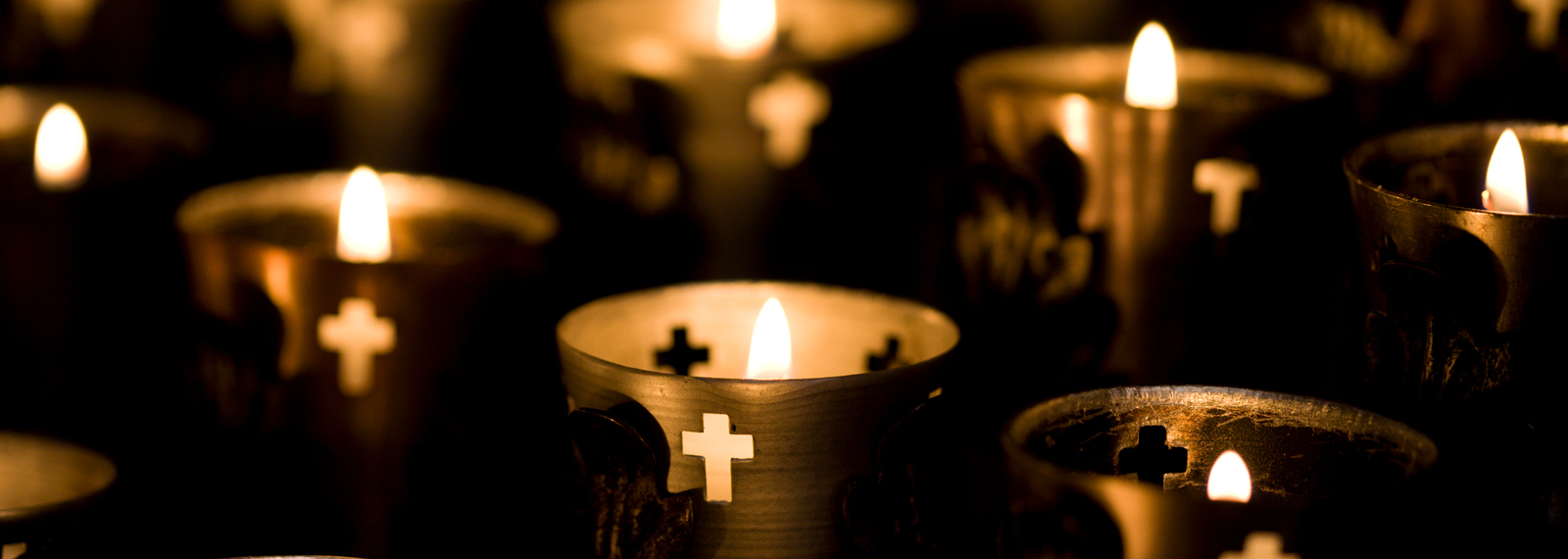
What is Catholic Social Teaching?
Catholic Social Teaching is a central and essential element of our faith. Its roots are in the Hebrew prophets who announced God's special love for the poor and called God's people to a covenant of love and justice. Catholic social teaching is built on a commitment to the poor. This commitment arises from our experiences of Christ in the eucharist.
As the Catechism of the Catholic Church explains, "To receive in truth the Body and Blood of Christ given up for us, we must recognize Christ in the poorest, his brethren" (no.1397). The "talents" are not distributed equally….God’s plan…wills that each receive what he needs from others, and that those endowed with particular "talents" share the benefits with those who need them. These differences encourage and often oblige persons to practice generosity, kindness, and sharing of goods…(1937).
Catholic social teaching is based on our understanding of human life and human dignity. Every human being is created in the image of God and redeemed by Jesus Christ and therefore is invaluable and worthy of respect as a member of the human family. Every person, from the moment of conception to natural death, has inherent dignity and a right to life consistent with that dignity. Human dignity comes from God, not from any human quality or accomplishment.
Our commitment to the Catholic social mission must be rooted in and strengthened by our spiritual lives. In our relationship with God, we experience the conversion of heart that is necessary to truly love one another as God has loved us. The seven principles of Catholic Social Teaching are as follows.
The Seven Principles of Catholic Social Teaching
 |
Life and Dignity of the Human Person
Catholic Church proclaims that human life is sacred and that the dignity of the human person is the foundation of a moral vision for society. This belief is the foundation of all the principles of our social teaching. In our society, human life is under direct attack from abortion, euthanasia and the death penalty. We believe that every person is precious, that people are more important than things, and that the measure of every institution is whether it threatens or enhances the life and dignity of the human person.
|
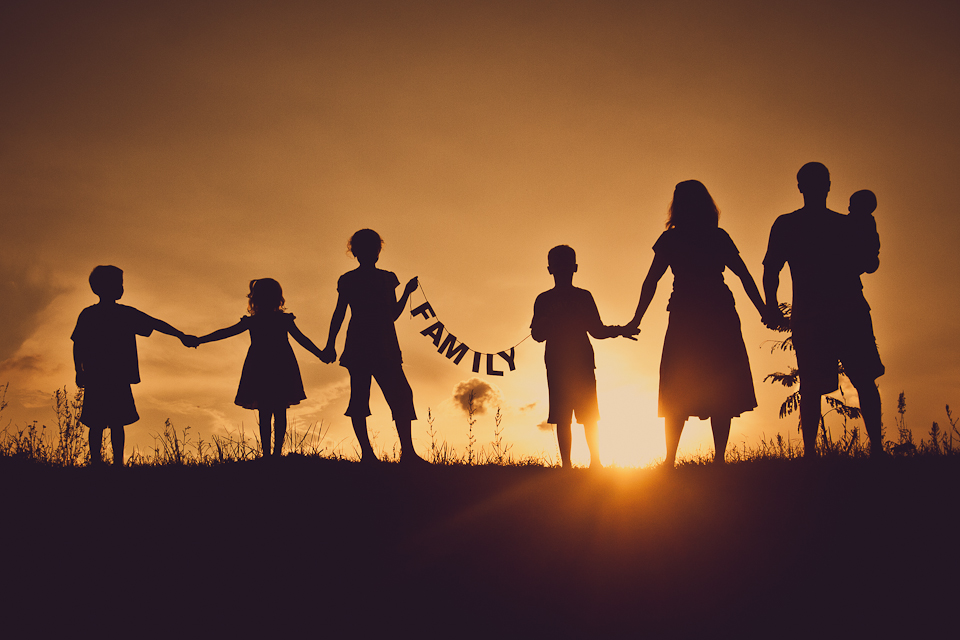 |
Call to Family, Community, and Participation
The person is not only sacred but also social. How we organize society in economics and politics, in law and policy directly affects human dignity and the capacity of individuals to grow in community. Marriage and the family are the central social institutions that must be supported and strengthened, not undermined. We believe people have a right and a duty to participate in society, seeking together the common good and well-being of all, especially the poor and vulnerable.
|
 |
Rights and Responsibilities
The Catholic tradition teaches that human dignity can be protected and a healthy community can be achieved only if human rights are protected and responsibilities are met. Therefore, every person has a fundamental right to life and a right to those things required for human decency. Corresponding to these rights are duties and responsibilities--to one another, to our families, and to the larger society.
|
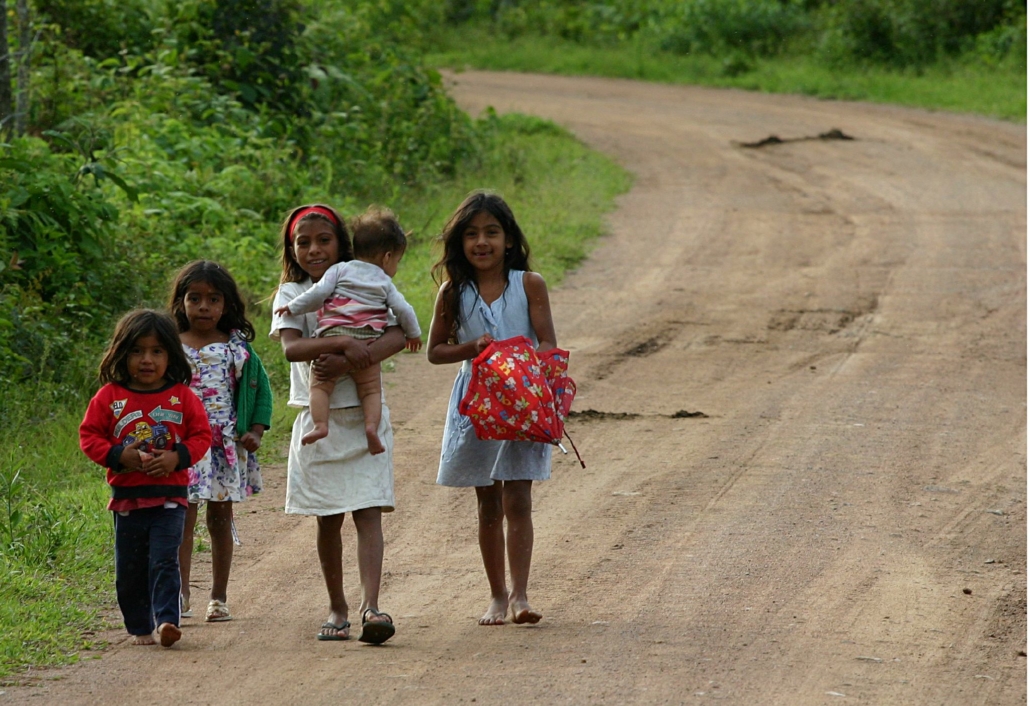 |
Option for the Poor and Vulnerable
A basic moral test is how our most vulnerable members are faring. In a society marred by deepening divisions between rich and poor, our tradition recalls the story of the Last Judgment (Mt 25:31-46) and instructs us to put the for the poor and vulnerable first.
|
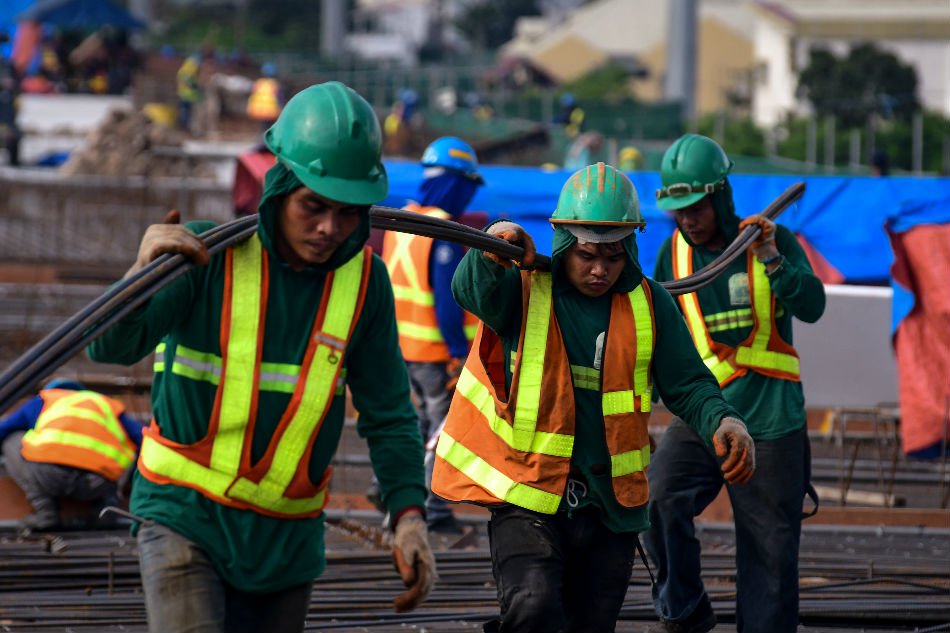 |
The Dignity of Work and the Rights of Workers
The economy must serve people, not the other way around. Work is more than a way to make a living; it is a form of continuing participation in Gods creation. If the dignity of work is to be protected, then the basic rights of workers must be respected--the right to productive work, to decent and fair wages, to the organization and joining of unions, to private property, and to economic initiative.
|
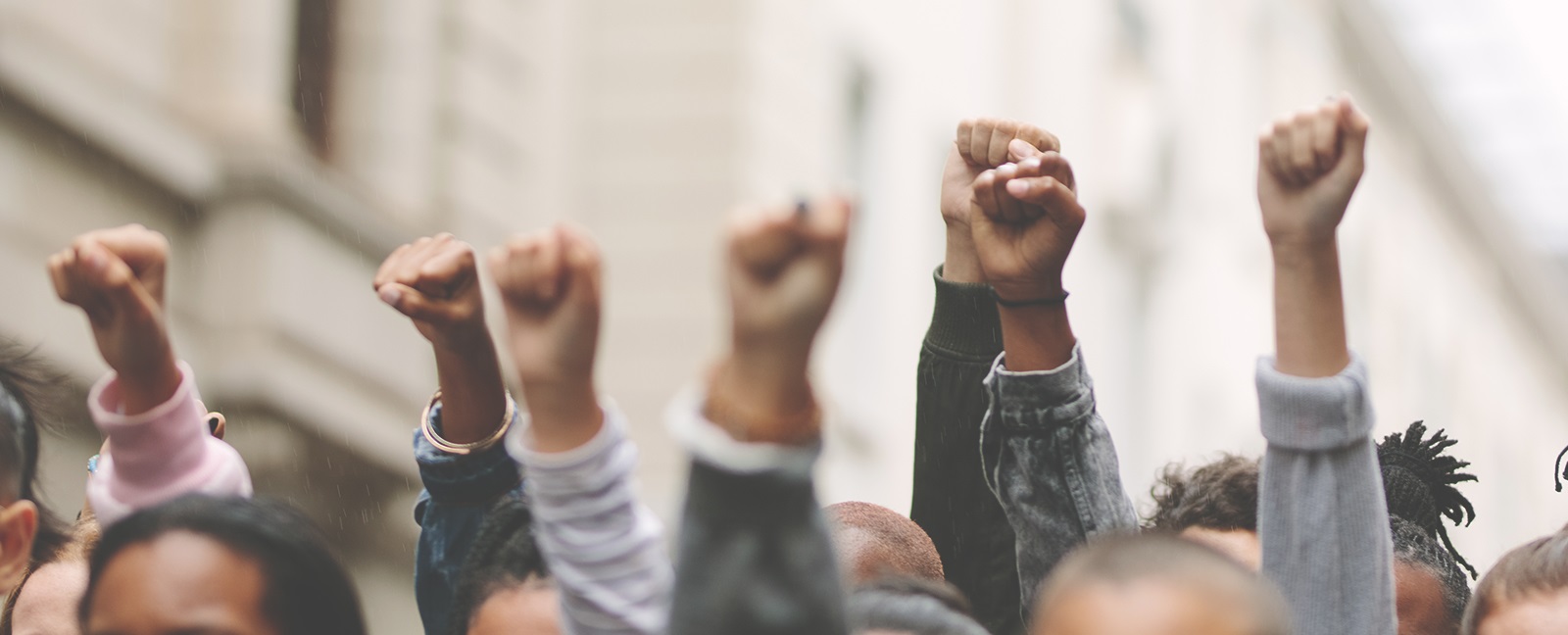 |
Solidarity
We are one human family whatever our national, racial, ethnic, economic, and ideological differences. We are our brothers and sisters keepers, wherever they may be. Loving our neighbor has global dimensions in a shrinking world. At the core of the virtue of solidarity is the pursuit of justice and peace. Pope Paul VI taught that if you want peace, work for justice. The Gospel calls us to be peacemakers. Our love for all our sisters and brothers demands that we promote peace in a world surrounded by violence and conflict.
|
 |
Care for God's Creation
We show our respect for the Creator by our stewardship of creation. Care for the earth is not just an Earth Day slogan, it is a requirement of our faith. We are called to protect people and the planet, living our faith in relationship with all of Gods creation. This environmental challenge has fundamental moral and ethical dimensions that cannot be ignored.
|
|
|
|